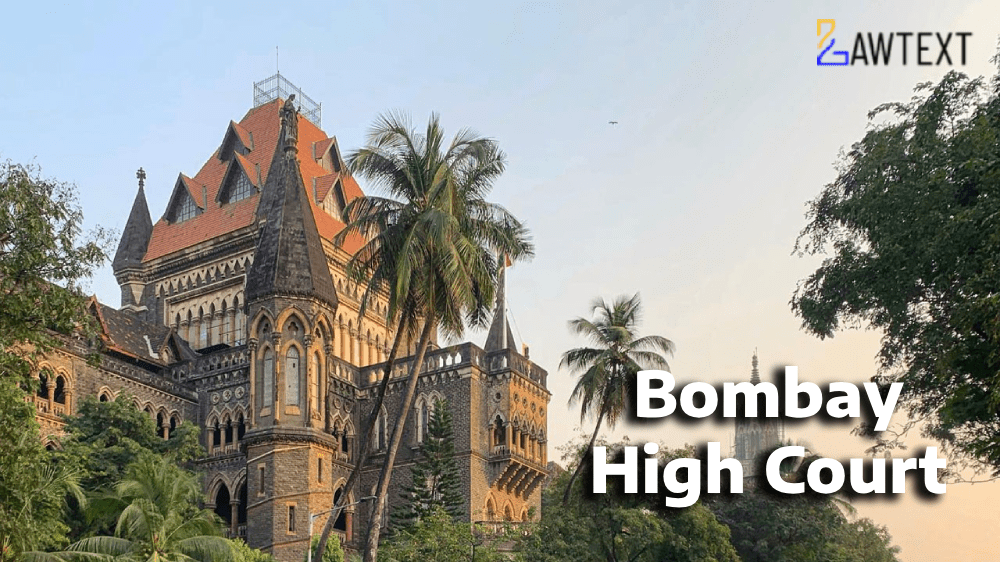Case Note & Summary
Presumption of Legally Enforceable Debt (Sections 118 & 139 NI Act): The Supreme Court reiterated that once the complainant proves the cheque’s issuance, dishonour, and statutory notice, the presumption of a legally enforceable debt arises. The accused must rebut this presumption with a probable defence (Para 15-17, 21).Burden of Proof: The complainant need not initially prove financial capacity or source of funds unless the accused raises a specific defence challenging it (Para 18, 22).Maintainability of Complaint Against Signatory: The complaint was held maintainable against the accused (a partner of M/s Sun Enterprises) as the signatory of the cheque, even if the firm was not arraigned (Para 19-20, relying on Sunita Palita v. Panchami Stone Quarry).High Court’s Error: The High Court erroneously shifted the burden to the complainant to prove withdrawal details and financial capacity, contrary to settled law (Para 22).Sentence Modification: While restoring the conviction, the Supreme Court reduced the sentence to a fine of Rs. 32 lakhs (from Rs. 35 lakhs + imprisonment) considering the accused’s age and family circumstances (Para 24).
Allowed the appeal, setting aside the High Court’s acquittal. Restored conviction but modified the sentence to a fine of Rs. 32 lakhs, payable within four months (Para 24).
Major Acts:Negotiable Instruments Act, 1881 (NI Act) – Sections 138, 139, 141, 118, 142.
Indian Penal Code (IPC) – Not directly applicable but contextual.
Subjects:Cheque dishonour – Legally enforceable debt – Presumption under Section 139 NI Act – Burden of proof – Maintainability of complaint – Sentence modification.
Facts:Nature of Litigation: Criminal appeal against the High Court’s acquittal in a cheque dishonour case under Section 138 NI Act.
Remedy Sought: Appellant (complainant) sought reinstatement of the Trial Court’s conviction order, which sentenced the accused to one year’s imprisonment and a fine of Rs. 35 lakhs.
Reason for Filing: The cheque for Rs. 22 lakhs issued by the accused was dishonoured with the endorsement "payment stopped by drawer." Despite legal notice, the accused failed to repay.
Procedural History:
Trial Court (2019): Convicted the accused.
Appellate Court (2020): Upheld the conviction.
High Court (2024): Acquitted the accused, citing lack of proof of financial capacity by the complainant.
Issues:Whether the High Court erred in overturning concurrent findings of guilt by re-appreciating evidence?
Whether the complainant was required to prove his financial capacity to advance the loan?
Whether the complaint was maintainable against the accused (signatory) without arraigning the partnership firm?
Submissions/Arguments:Appellant:
The accused admitted his signature on the cheque. The defence of "lost cheque" was falsified by delayed police intimation (Para 18).
Relied on Rohitbhai Jivanlal Patel to argue that the burden to rebut presumption lies on the accused (Para 21).
Respondent:
No proof of loan transaction or complainant’s financial capacity (Para 8-9).
Contended the complaint was not maintainable as the firm (M/s Sun Enterprises) was not arraigned (Para 11).
RatioPresumption Under Section 139 NI Act: The complainant’s case is strengthened by the accused’s admission of the cheque’s signature and failure to rebut the presumption of a legally enforceable debt (Para 17, 21).
Financial Capacity: The complainant need not prove financial capacity unless the accused raises a specific defence (Para 22, citing Tedhi Singh v. Narayan Dass Mahant).
Signatory’s Liability: A complaint under Section 138 is maintainable against the signatory of the cheque, even if the firm is not implicated (Para 20).
Issue of Consideration: ASHOK SINGH VERSUS STATE OF UTTAR PRADESH & ANR. R1: STATE OF UTTAR PRADESH R2: RAVINDRA PRATAP SINGH
Premium Content
The Issue of Consideration is only available to subscribed members.
Subscribe Now to access critical case issues





